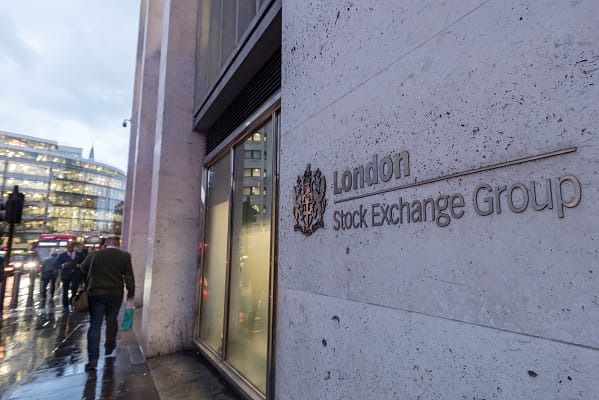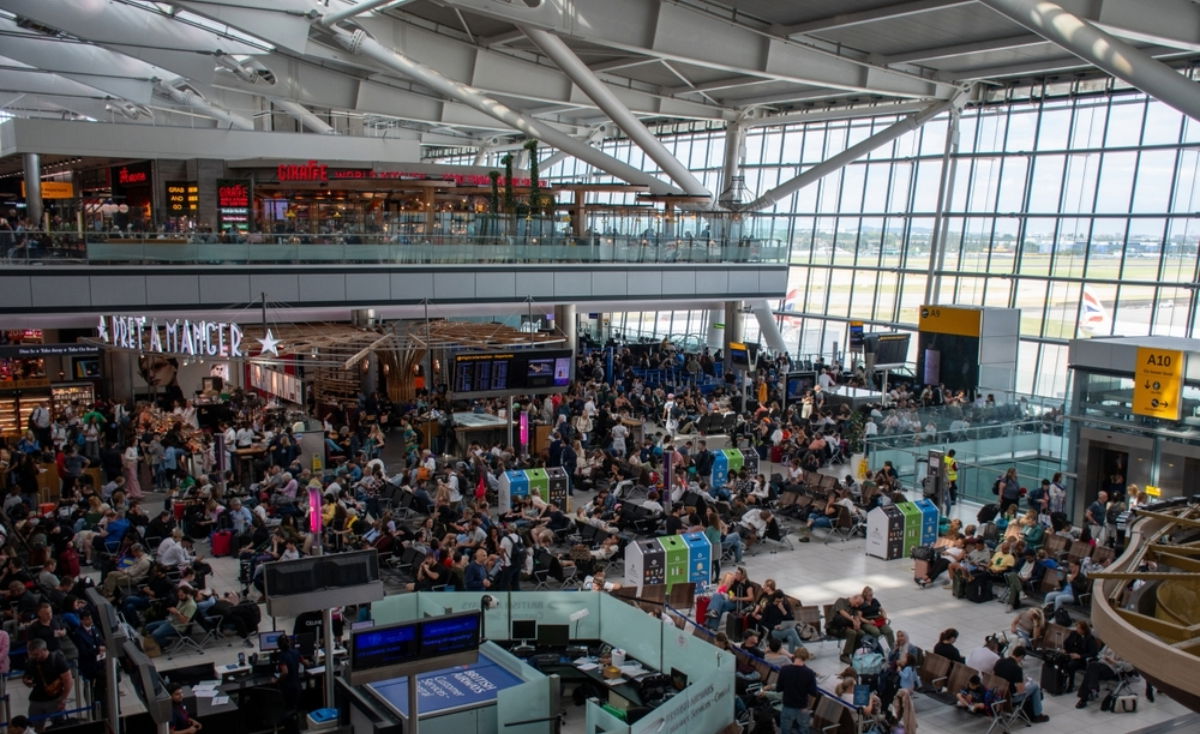Bussiness
London Stock Exchange hit with a record exodus – London Business News | Londonlovesbusiness.com

London Stock Exchange has seen an exodus of companies leaving which is the worst year for businesses fleeing since the financial crisis in 2009.
The London Stock Exchange has been hit with a crippling blow as 88 companies either transferred or delisted.
FTSE 100 business with a total market value of £3 trillion will quit the UK and head to New York now Donald Trump will take to the White House, the Financial Times reports.
Harvey Jones who writes for the Express said in an opinion piece that the “heat is on and Chancellor Rachel Reeves has to take emergency action before the FTSE enters a death spiral from which it may never escape.”
Xavier Rolet, who ran London Stock Exchange Group between 2009 and 2017 warned there is a “real threat” of more businesses delisting for better returns.
New listing is the lowest in 15-years as businesses are put off by cheap valuations compared to New York or Frankfurt.
This year more than £100 billion worth of listed companies are prepared to quit the London Stock Exchange as they will agree to large premiums to delist or will agree takeovers.
Ashtead who has a £23 billion market valuation is the latest name who could possibly move their listing from London to New York.
Europe’s largest travel operator Tui left the FTSE 250 and moved to Frankfurt then started trading on the MDAX from 24 June 2024 after shareholders asked if the London listing was “optimal and advantageous.”
Jones wrote in the Express that “Shell is one of our biggest companies worth £152 billion. If it goes, we’re sunk.”
According to Goldman Sachs analysis, shares in the LSE trade at an average discount of 52% unlike the US.
Rolet said, “Simple maths suggests that an illiquid market will require too much of an issuance discount for even a run-of-the-mill [initial public offering].
“The same illiquidity will also affect post-IPO valuation too. In other words the cost of equity capital would make such a market deeply uncompetitive.”
Julia Hoggett who is the current chief of the LSE said, “Most countries in the world would aspire to have the capital markets that we’ve got. But we are not sitting on our laurels.
“We’ve looked at what happens to UK companies that have raised over £100 million who go to the US. There have only been 20 in the last ten years.
“Eight have already delisted, only four are trading up and the rest are trading down by an average of 80%.”










